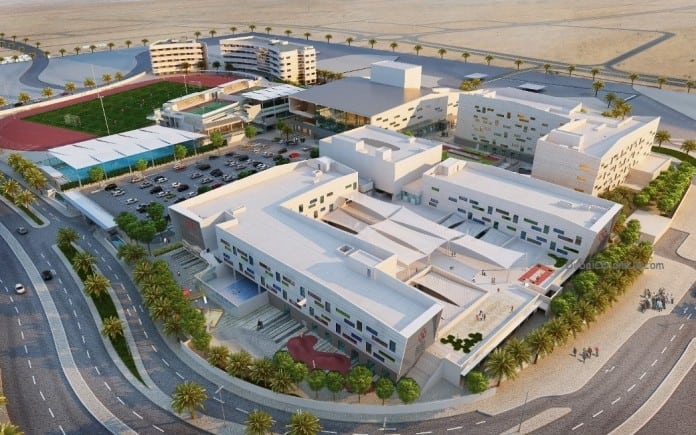
- As of 2019/2020, there are 208 private schools in Dubai with 295,148 students enrolled
- During academic year 2019/2020, schools offering UK curriculum accounted for 41%, followed by American curriculum with 18% and Indian curriculum with 16%
- Average student/teacher ratio (STR) for all private schools in Dubai was 14.5 students per teacher compared to the global average STR of 23 for primary schools and 17 for secondary schools
Cavendish Maxwell, a leading property consultancy and chartered surveying firm in the Middle East, released its first-ever Dubai Education Market Report for 2019–2020. The report explores key themes including Dubai’s education sector spending, an overview on tuition fees, existing and upcoming supply and the focus on e-learning, especially given the current situation with the COVID-19 outbreak.
Commenting on the report, Aditi Gouri, Associate Partner, Strategic Consulting and Research at Cavendish Maxwell, said:
“Further development of the education sector is a key priority for Dubai and the UAE, given the National Agenda 2021 with the goal to become a knowledge-based economy. Even at a time of great challenges currently, the UAE’s early adoption of technology in sectors including education has helped it smoothly transition to a distance learning environment to ensure the uninterrupted flow of education. Along with the private sector’s cooperation, the government is striving for education to continue with the highest degree of efficiency to stay on track to achieve the larger goal.”
Key sector insights
A growing expat population, high proportion of wealth and income levels, and demand for quality English-medium education from expats and locals has led to the proliferation of private schools offering international curriculum. As of 2019/2020, there are 208 private schools in Dubai with 295,148 students enroled.
Between the academic years 2014/15 and 2019/20, 51 new schools opened in Dubai whilst 12 schools ceased operations.
During the academic year 2019/20, schools offering UK curriculum accounted for 41% (85 schools), followed by American curriculum with 18% (38 schools) and Indian curriculum with 16% (34 schools).
In the same year, tuition fee at the primary level ranged between AED 2,892 per annum and AED 102,000 per annum. For the intermediate level, the minimum tuition fee was AED 3,029 per annum and maximum fee was AED 118,000 per annum. For secondary level during the same academic year, the fee ranged from AED 3,442 per annum to AED 130,000 per annum.
Teachers from India, UK and Egypt made up a majority of private school teachers during the academic year 2019/20. Meanwhile, Indian students comprised the highest share at 98,521 pupils, followed by UAE (34,452), Pakistan (22,688), Egypt (17,238) and UK (13,564) students.
The average student/teacher ratio (STR) for all private schools in Dubai was 14.5 students per teacher. According to the World Bank, the global average STR for primary schools is 23 students per teacher whilst for secondary schools it is 17 students per teacher.
In light of the COVID-19 pandemic, schools have been shut in the UAE since March and e-learning programmes have been swiftly activated in public and private schools. As a result, on the first day back to learning on March 22, over 1.2 million school and university students across the country joined their virtual classrooms.




































